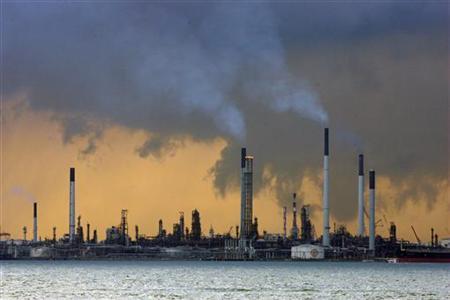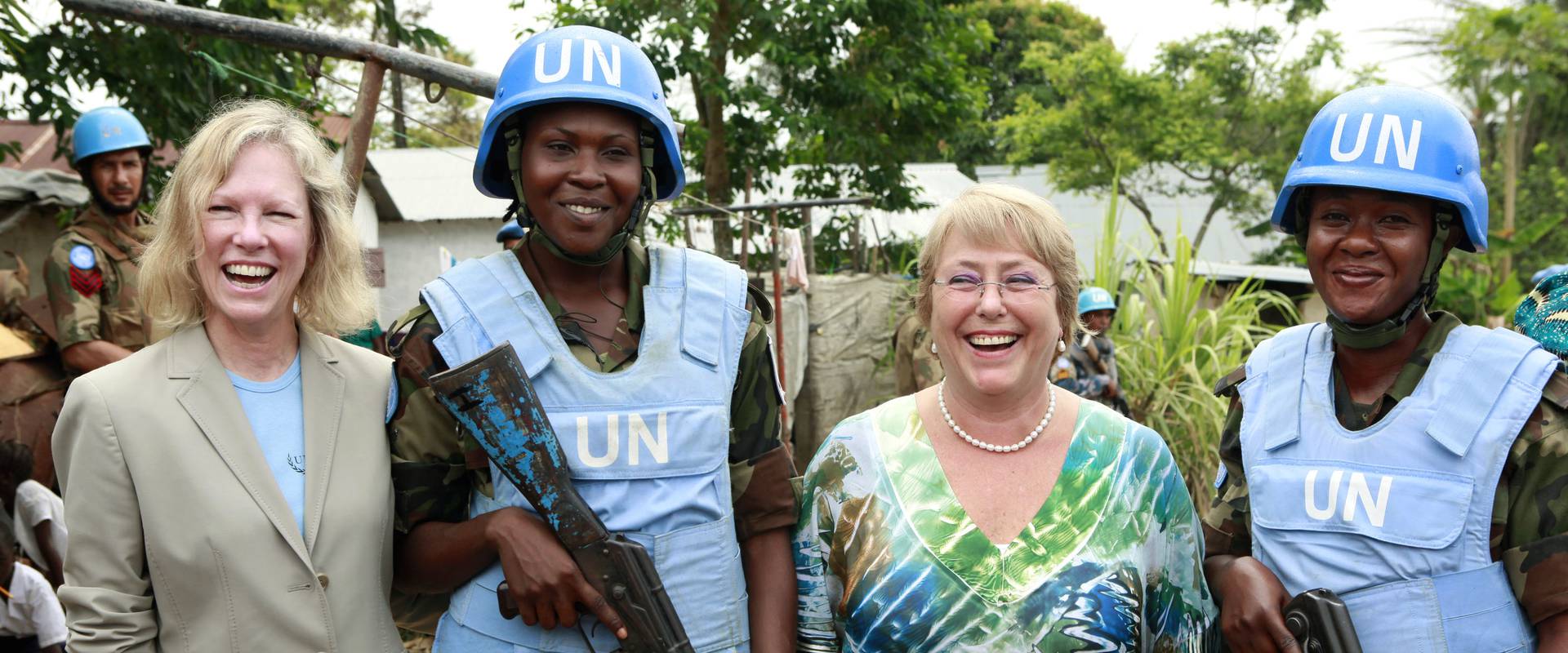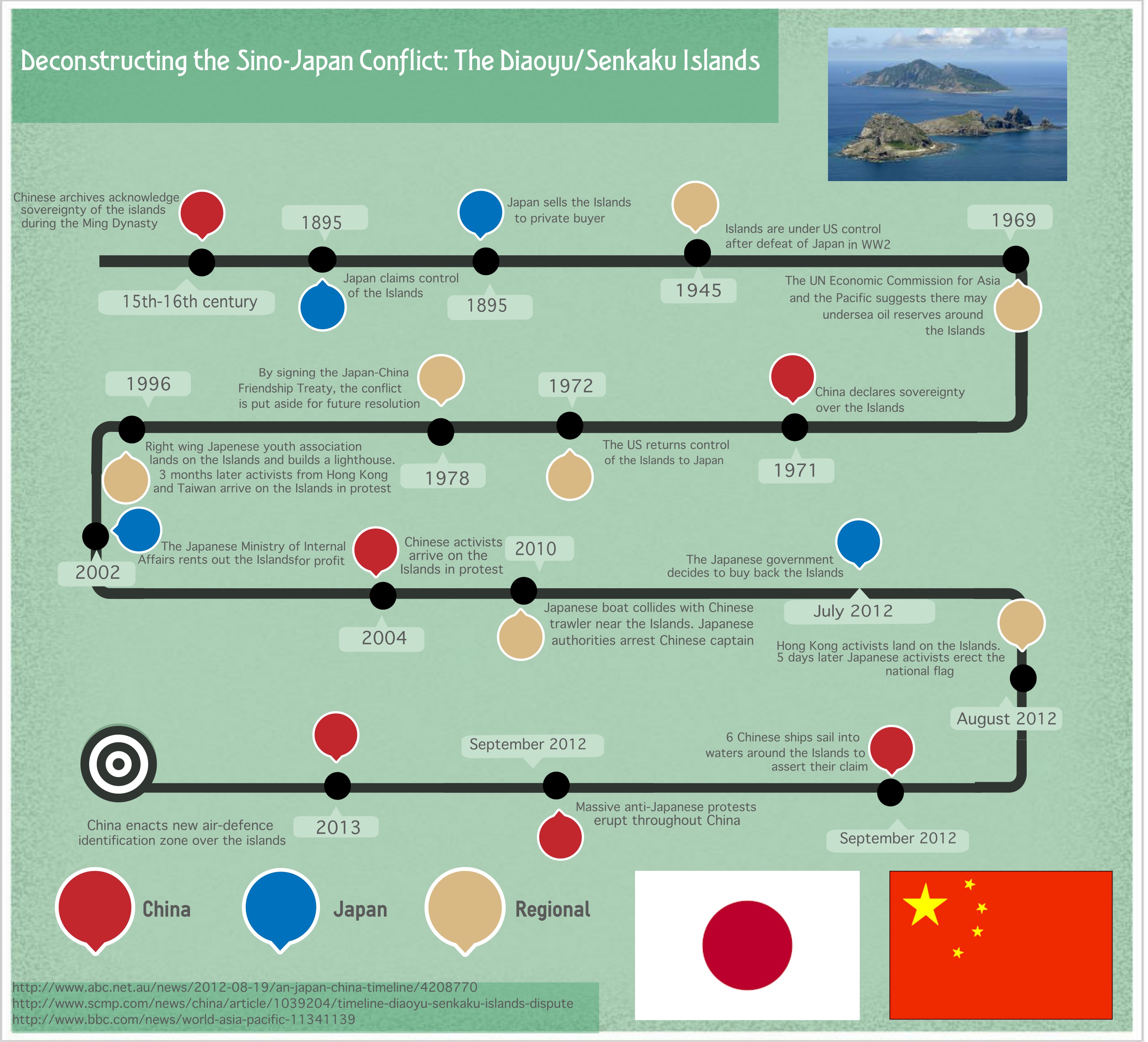[captionpix align=”left” theme=”elegant” width=”310″ imgsrc=”http://natoassociation.ca/wp-content/uploads/2013/10/Singapore-oil-refinery.jpeg” captiontext=”Singapore is dependent on oil imports to meet its day-to-day energy needs and support its refining industry.”]
In his second article on Singapore’s growing interest in the Arctic, Georgi Ivanov explores how the Arctic may help to meet this island nation’s energy needs.
In addition to valuable commercial and investment opportunities, much of Singapore’s interest in the Arctic region is motivated by its growing energy needs. As a city-state with limited territory and natural resources, Singapore, like Japan, relies heavily on imports to meet its day-to-day energy requirements. Singapore also relies on crude imports to support its refining industry, which re-exports various petroleum products. In order to enhance its energy security, Singapore should increase its emphasis on energy diversification and the use of natural gas in its energy mix. Arctic energy reserves may be critical to this end.
In terms of energy security, one of Singapore’s strategic weaknesses is that approximately 60% of its energy supply comes from the Gulf kingdoms in the Middle East. While there is no immediate threat to this supply, chronic insecurity in the Middle East – including the Syrian civil war and growth in Iran’s nuclear program – poses undeniable political, security and investment risks for Singapore in its continued trade with the Mideast.
A further commercial challenge to Singapore’s leading regional position comes from competing oil refineries elsewhere in Southeast Asia, including in China, India, Thailand and Vietnam. While Singapore remains a regional leader, it will need to find ways to compete with these emerging capacities of other countries, and one way of doing so is sourcing raw materials from areas with lower overall political and security risks that the Mideast. The Arctic fulfills this criterion because it is not subject to the same centrifugal forces and disagreements concerning its governance, which is more a matter of international law and diplomacy, not war.
Natural gas is also fundamental to electricity generation in Singapore, comprising 78% of Singapore’s energy use. However, Malaysia and Indonesia are the only suppliers of natural gas to Singapore, and while convenient for geographical proximity, overreliance on so few actors can also be a liability. Threats to the supply include sub-state terrorist groups in Indonesia, which might carry out attacks against critical infrastructure. Also, natural disasters, like the 2004 tsunami are unpredictable and can be enormously costly by destroying critical infrastructure. Singapore sits east of the island of Sumatra, which in turn is next to a 1 500km long subduction zone, where the Eurasian and Indian plates collide. This zone is a source of powerful earthquakes, including the one that occurred in 2004. While Singapore is geologically stable, resonance waves from these earthquakes can have a detrimental effect on the city’s critical infrastructure. Even if not directly exposed, the inability to predict the size and frequency of earthquakes means that they remain an important risk for Singapore. Diversifying supply sources to include the Arctic, along with the infrastructure to accommodate it, mitigates these environmental risks to some degree.
Liquefied natural gas (LNG) is an industry growing in importance, as countries look to natural gas as a cheap alternative to traditional fuels. The transportation of LNG from the Arctic requires particular ships and facilities, in which Singapore has been investing heavily. So long as Singapore continues such investment, the Arctic could offer an important boost for the city’s energy diversification policy and in turn reduce the geopolitical and environmental risks to its current supply.
Singapore remains a strategic destination and a hub for energy distribution regionally and around the world. It is a profitable position, but comes in the context of a number of risks and sources of competition that demand an evolution in order for the Singapore to maintain and extend its influence. Arctic energy reserves have the potential to complement Singapore’s existing policies on energy diversification, but also help mitigate the risks that come with its current trade relationships.




